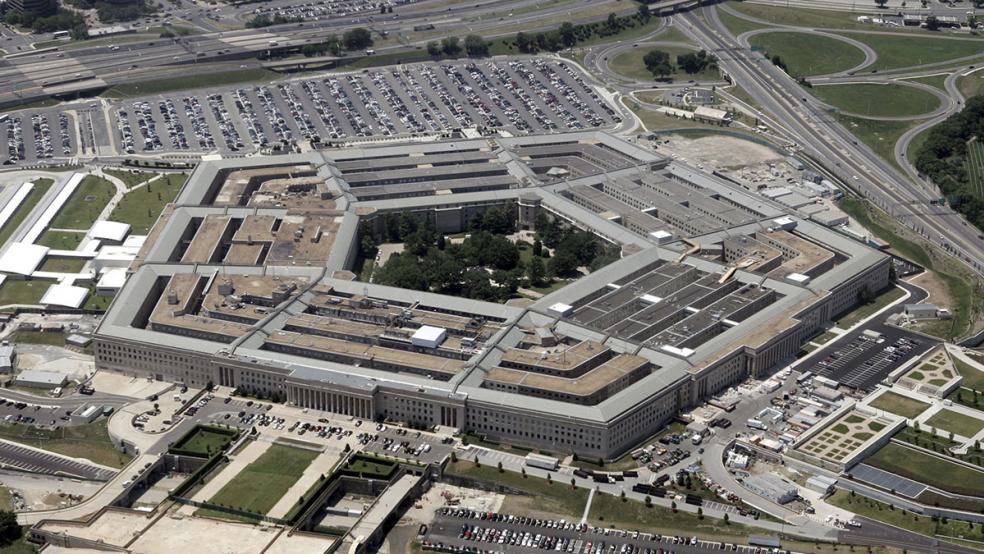The Pentagon failed its annual financial audit for the sixth straight year, the Defense Department’s chief financial officer announced Wednesday.
CFO Michael J. McCord told reporters that the Pentagon, with $3.8 trillion in assets and $4 trillion in liabilities, is making progress toward a clean audit, but that the failure “is not a surprise” and that the department still has years’ worth of work to do to reach its goal. “Things are showing progress, but it's not enough,” he said.
The annual audit is conducted by independent public accounting firms and the DOD Office of the Inspector General. Some 1,600 auditors and 700 site visits were involved and the Pentagon spent a reported $187 million on the process, which includes 29 standalone audits of military services, all of which must pass for the overall audit to be scored as clean. There is also an overall department-wide audit.
Just seven of the standalones passed this year, the same as last year, while one received a qualified opinion, which falls short of passing. Three component audits are still pending.
“While we acknowledged enhancements in the DoD's financial management procedures, significant challenges persist in generating thorough and precise financial statements,” Inspector General Robert P. Storch said in a statement.
The audit identified 28 material weaknesses, three significant deficiencies and seven instances of noncompliance with laws, regulations, contracts and grant agreements, the inspector general’s office said. No new Pentagon-wide material weaknesses were reported this time.
The auditors also found that about half of the Defense Department’s assets can’t be accounted for. "This does not mean that the other 50% is unaccounted for," McCord explained. "The department has tight control of its assets — but too many of our financial management systems, such as some of our property systems of record, still cannot meet auditing standards. We are working hard to accelerate the retirement of these older systems and bring more of our asset records up to accounting standards.”
The Pentagon has reportedly faced pressure from lawmakers to achieve a clean audit by 2027, but McCord and the DoD called on Congress and the defense industry to help.
"Our congressional defense committees can help,” McCord said, “by doing their part in stabilizing the budget process and avoiding continuing resolutions and repeated threats of government shutdowns, such as the one we are living through yet again this week; by ensuring timely continuity and confirmation of our military and civilian leadership; by providing adequate and consistent resources for replacing DOD legacy systems; and through continued support of the department's financial transformation efforts.”





